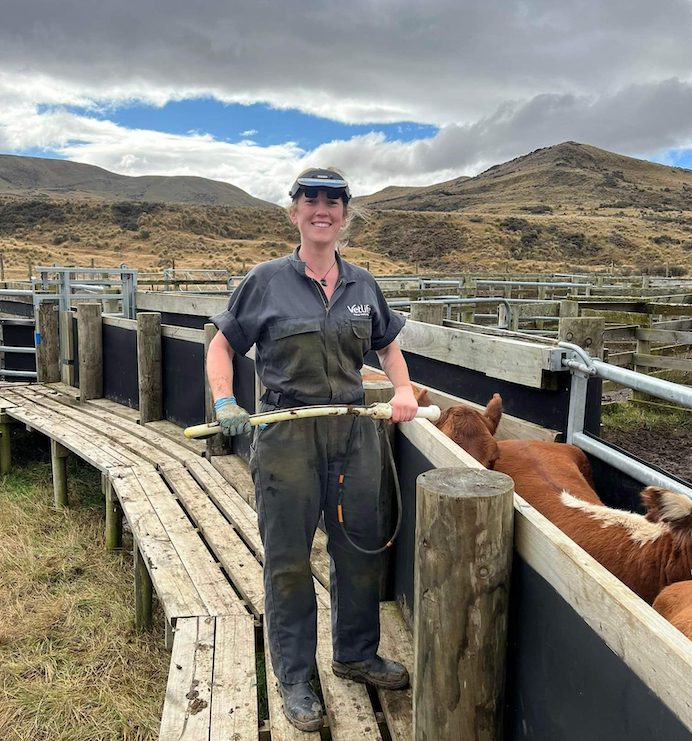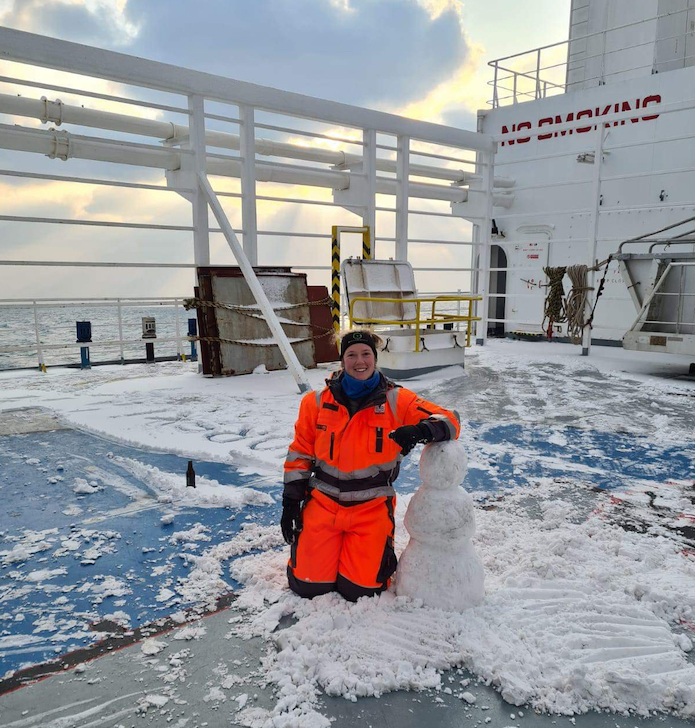Vet shortage puts pressure on Central Otago’s vets
Anna Robb
25 April 2022, 6:00 PM
 Veterinarians are in short supply across New Zealand and in Central as the number of pets continues to grow. PHOTO: Supplied
Veterinarians are in short supply across New Zealand and in Central as the number of pets continues to grow. PHOTO: SuppliedDemands on vets in Central are growing as families put a premium on caring for their pets, and a current nationwide shortage of vets is exacerbating the need for vet services.
Veterinary Enterprises Group - Chief Operating Officer Don MacColl said they were seeing a change in how pet owners value their pets as a result of covid lockdowns.
“More pet owners [are] recognising their pets as their family and are prepared to invest more in their well being with regular check-ups, dental procedures and specialist nutritional requirements. Increased pet ownership [too] - more new households have pets and existing pet households have more pets.”
Don said in the agriculture sector, intensive dairying and the associated need to grow replacements on dry-stock farms has created demand for food animal veterinarians alongside more intensive red meat sector farming (sheep/ beef /deer) with irrigation.
“Lifestyle blocks are becoming more common with urban development in rural areas creating demand for 'rural pet' veterinary service offerings.”
Growth in housing and the development of new communities means in new families moving to the area, bringing pets and/or getting new pets – creating additional demand for vet services.
Don said the number of vets in Central Otago and across New Zealand is lower now than it was three to five years ago due to the covid pandemic as well as other factors.
“The nation’s reliance on overseas trained veterinarians to meet domestic demand has seen pandemic-related border restrictions inhibiting the free movement of a veterinary labour force where 30% of the 2600 trained vets in NZ obtained their vet degrees from other countries.
“Massey University produces only 130 veterinary graduates per year (100 domestic NZ students and 30 international students) and it is not enough to meet the domestic demand.”
Don said retention is an underlying reason for the shortage with around 25% of vets leaving the profession after 10 years of practice with personal well-being being the most significant factor.
He said vet nurses are also in short supply which limits veterinarians’ capability to get work done, creates inefficiencies in the work place and results in fatigue and well-being becoming significant issues for vets, vet nurses and clinic support staff.
The ‘always on’ 24 hours a day and seven days a week nature of vet services is another contributor to fatigue he said.
“At times during covid-19 lockdown, the teams have also had to manage the workload by deferring routine work because of limited resources and it catches up when the clinics are back to business as usual.
“Veterinary practitioners were classed as critical workers so we still had to stay open for business during the lockdowns and we managed with split teams or “bubbles” and reduced companion animal routine service offerings, while still [being] open for emergencies and servicing the large animal clients remotely.
“I suggest we got through the Delta outbreak without too many clinic closures but it has taken a huge toll on the team... with omicron we have seen more pressure on teams and clinic closures…from staff infected with covid or being absent because of household contact scenarios and having to follow isolation requirements,” Don said.
VetEnt is currently advertising for a vet for Ranfurly and Don said Central Otago’s climate, scenery and outdoor activities on offer here are a ‘big drawcard’.
Now our border restrictions are gone he said the sector will possibly lose younger NZ trained veterinarians, who prior to covid were ready to travel on their overseas working holiday experience.
“Covid prevented that [travel] so they have been doing locum work around the country. Now that the borders are opening, many will leave for their OE which will not help with staffing levels and place more reliance on foreign trained vets.”
Vet Life Central Otago Hub Manager Serina McColgan said the workload can be demanding at times, particularly when there are emergencies.
“We have a great support network with clinics across Central Otago and further afield. There is always someone available to support us when we need it.”
Serina said the beautiful mountains and lakes of Central attract a lot of vets to the area.
“We can also offer a variety of work where no two days are the same. We have some great technology in our clinics so we can offer a wider range of services to our clients.
Currently employed by Vet Life as a locum Chelsea Fowler said being a vet is a great career and one she would recommend.

Picture perfect office: Chelsea at work recently in Central. PHOTO: Supplied
"It's such a varied job, you don't have to be a clinical vet, there are industry vets, research vets and others.
"It can be personal choice what you end up doing as a vet."
Chelsea's experience has been different to what she anticipated. She was supposed to go to the United Kingdom for a vet job in Wales in 2020, but the pandemic hit.
She has gained wide ranging experience working on two live export cattle boats from New Zealand to China, with stints of working as a locum vet in Central Otago in between.
The trips to China involve spending around six weeks on a boat, with 40 other people, where she's been the sole vet responsible for the welfare of a few thousand animals.
"Live export boats [are] something totally different, and it scratches that travel itch that I have.
"Every day is different, the boats can be different and you're working with people of varied backgrounds. I've learned so much.
"The industry has some positive welfare changes being introduced that I am excited about.

Chelsea pictured on one of her boat trips, where they had a fall of snow which was most unexpected. PHOTO: Supplied
Chelsea said she is not a conventional small animal vet, like the ones you see on the marketing posters posing with puppies.
"I have the valuable skills, knowledge and background to deliver the best welfare outcomes for these export animals and deliver a premium product alongside the exporters."
Next up for her, is a brief trip to Adelaide to see family, then a journey with BeefGen's Whangara Global Livestock boat from Napier to China.
For her and many other young vets, the current shortage means there are global opportunities to gain varied experience as well as plenty of vet roles closer to home.



